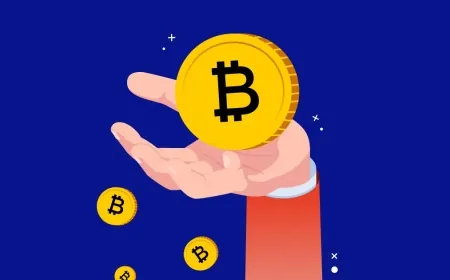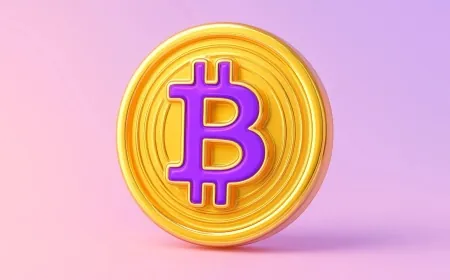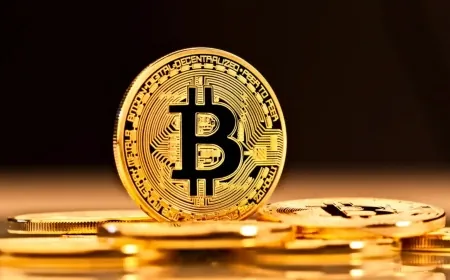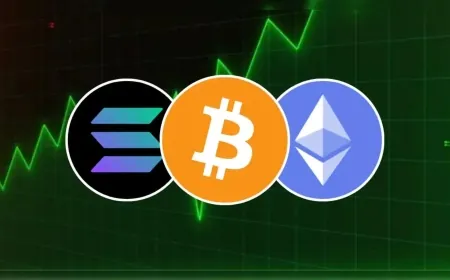Bitcoin Could Challenge the U.S. Dollar, Says BlackRock CEO Larry Fink
BlackRock CEO Larry Fink says Bitcoin may challenge the U.S. dollar as global reserve currency due to rising debt and economic pressure.
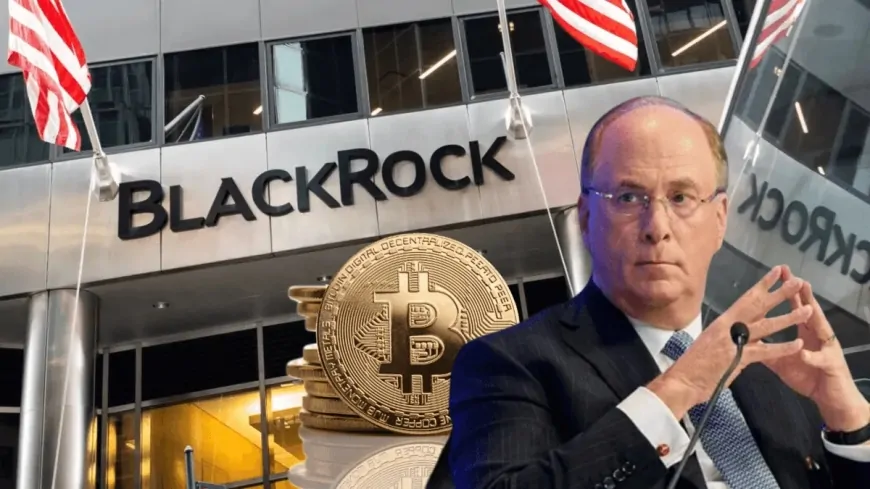
Bitcoin may be on the verge of redefining its place in the global economy. What was once seen primarily as a speculative asset could, according to BlackRock CEO Larry Fink, evolve into a serious contender for the role of global reserve currency — a title long held by the U.S. dollar.
In his 2025 annual letter to shareholders, Fink didn't mince words about the growing vulnerabilities of the U.S. financial system. He pointed to the ballooning national debt and rising interest payments as potential cracks in the dollar’s longstanding dominance. While he didn’t make any sweeping predictions, Fink acknowledged that digital assets like Bitcoin could start to fill the gap if trust in the dollar continues to erode.
The idea of Bitcoin stepping into such a critical role may sound far-fetched, especially to traditional investors. But it’s not entirely without basis. Bitcoin’s fixed supply, decentralized nature, and global accessibility offer a unique contrast to fiat currencies. In fact, many within the crypto community have long believed that Bitcoin was built for exactly this kind of scenario — a time when governments’ fiscal policies begin to stretch beyond what global markets can support.
Fink’s comments come at a time when U.S. debt is projected to hit a new milestone. According to his letter, interest payments on federal debt are expected to reach nearly $1 trillion this year, outpacing even defense spending. That kind of financial strain, he warns, puts the nation’s monetary leadership at risk. He draws a comparison to Great Britain’s decline as a financial superpower after World War II, suggesting the U.S. could face a similar turning point if it doesn’t address its spending habits.
While Bitcoin replacing the dollar might not happen overnight, the groundwork is already being laid. Governments are beginning to take notice. The U.S. has started building a Strategic Bitcoin Reserve. Other countries, like Russia and China, are experimenting with using cryptocurrency for cross-border trade, especially in the energy sector. Even smaller nations, such as Bolivia and El Salvador, are exploring new ways to settle payments using digital assets.
These early steps may seem small, but they could be part of a larger shift. If enough countries begin to adopt Bitcoin for trade, reserves, or even debt issuance, the global financial system might slowly start to tilt in a new direction.
Of course, any real change would take time — and likely a massive international agreement, similar to the 1944 Bretton Woods Conference that originally established the dollar’s reserve status. But in today’s increasingly complex and debt-heavy financial landscape, that kind of shift doesn’t seem as impossible as it once did.
Fink’s perspective might not be a call to arms, but it’s certainly a signal. As concerns grow around fiscal sustainability and geopolitical tensions rise, Bitcoin’s appeal as a global asset is starting to look a little less speculative — and a little more strategic.

















































